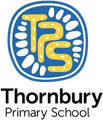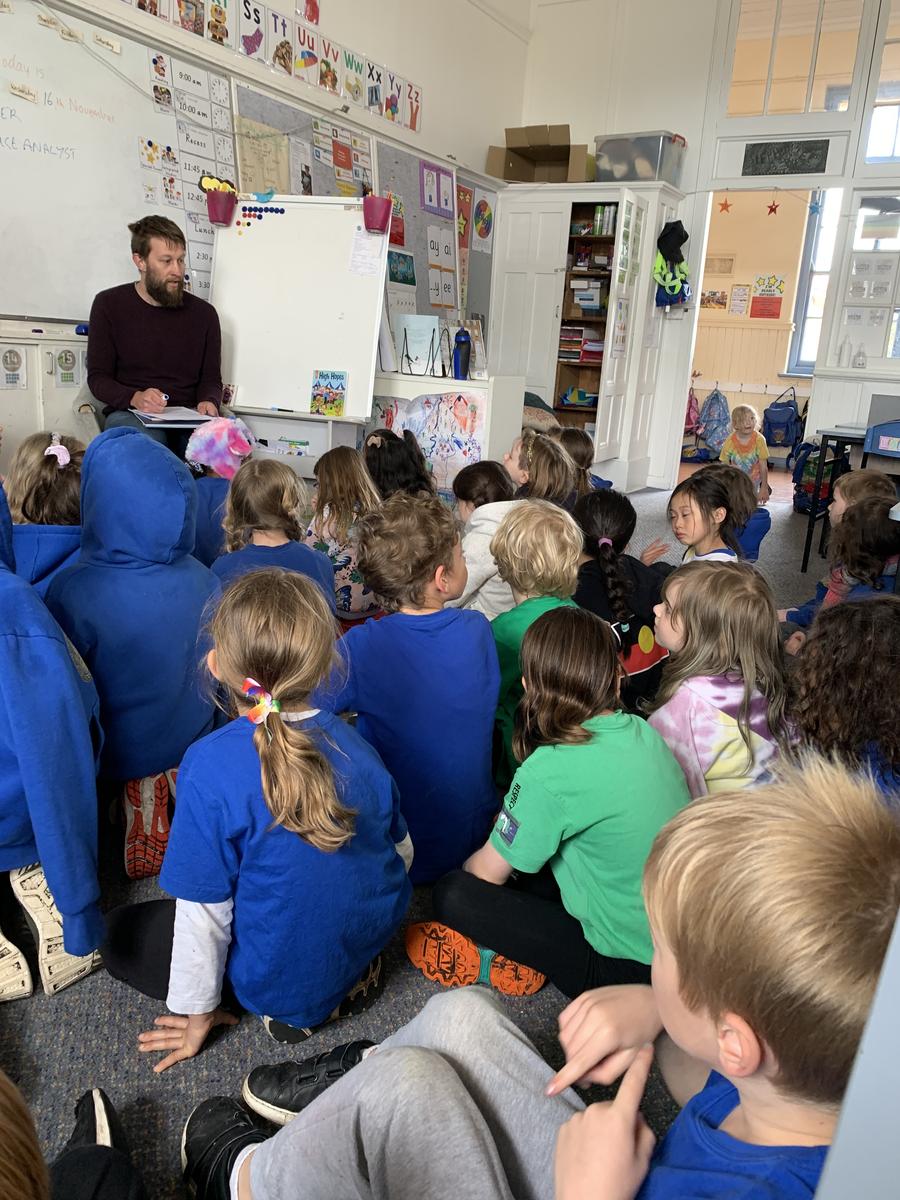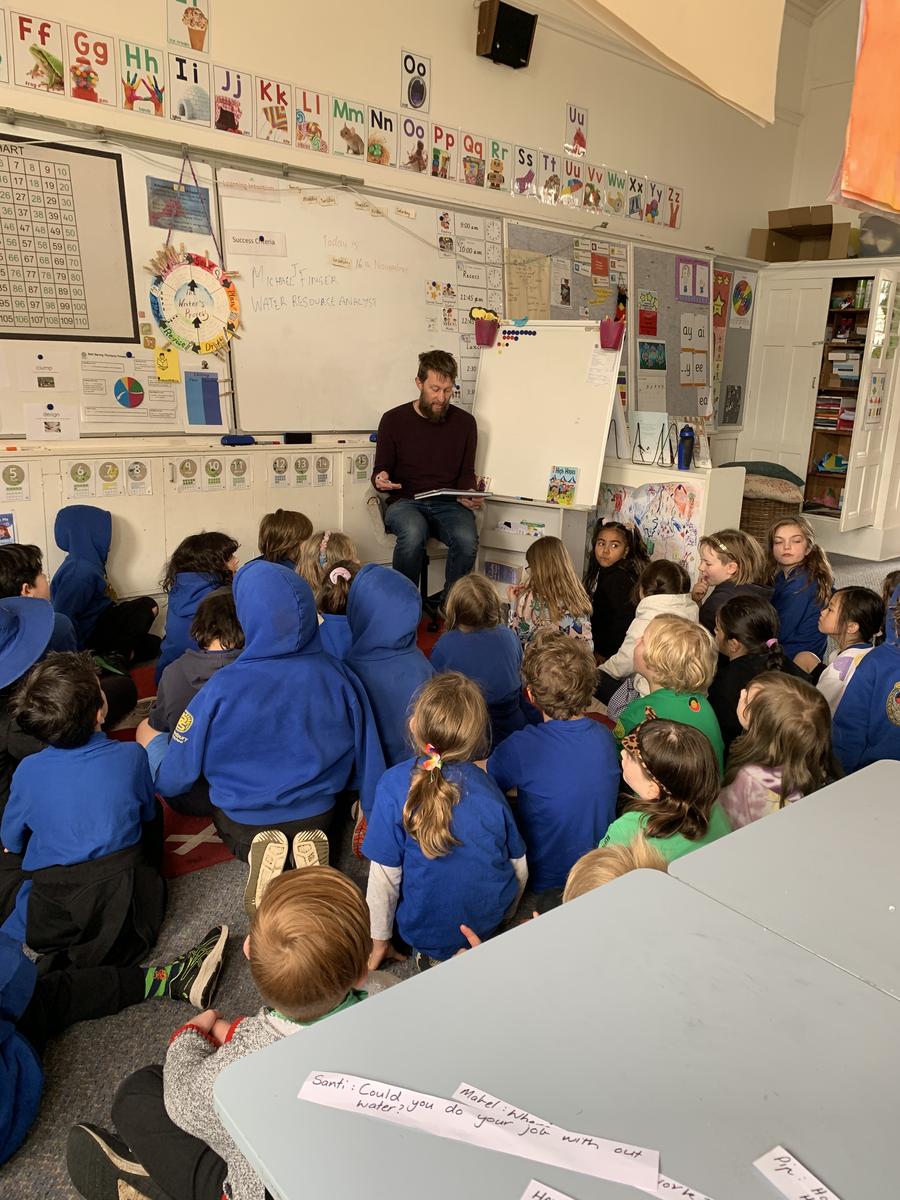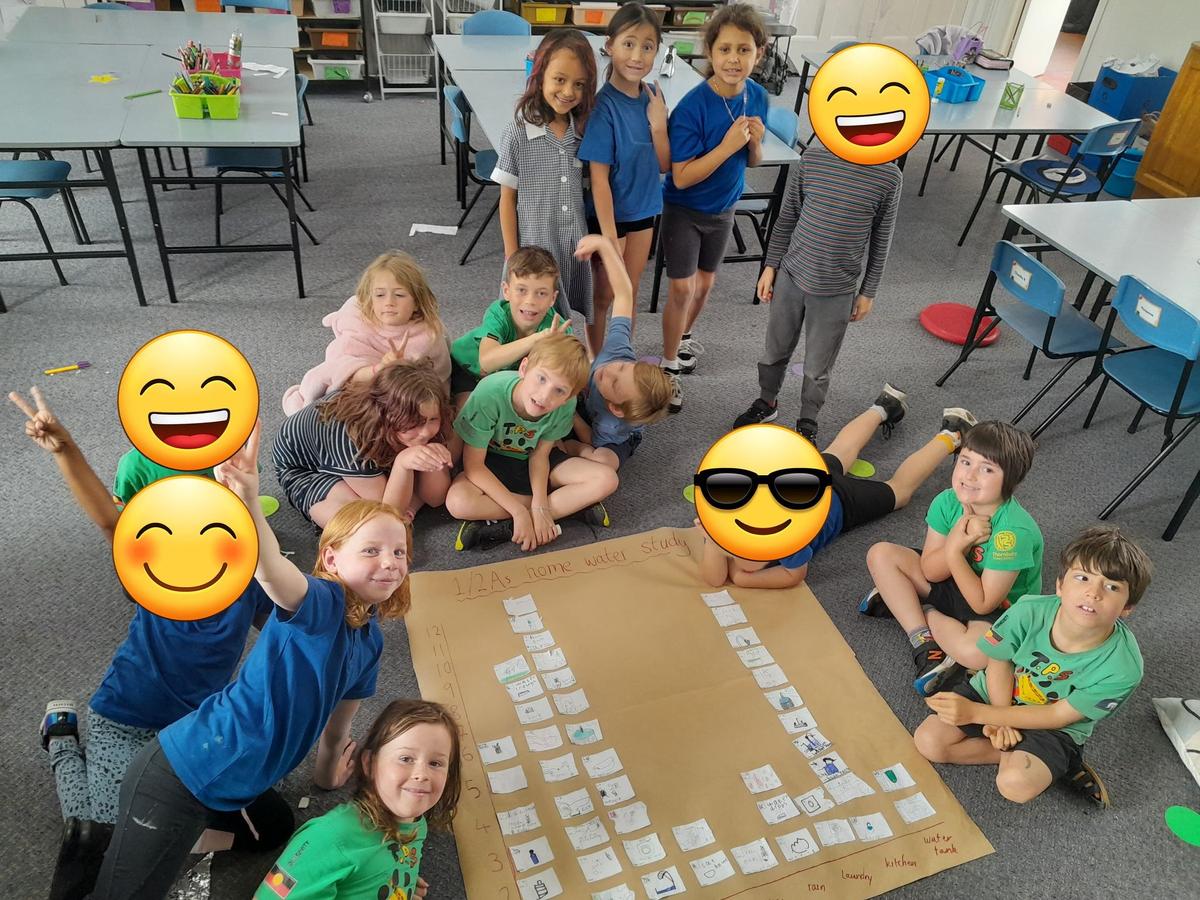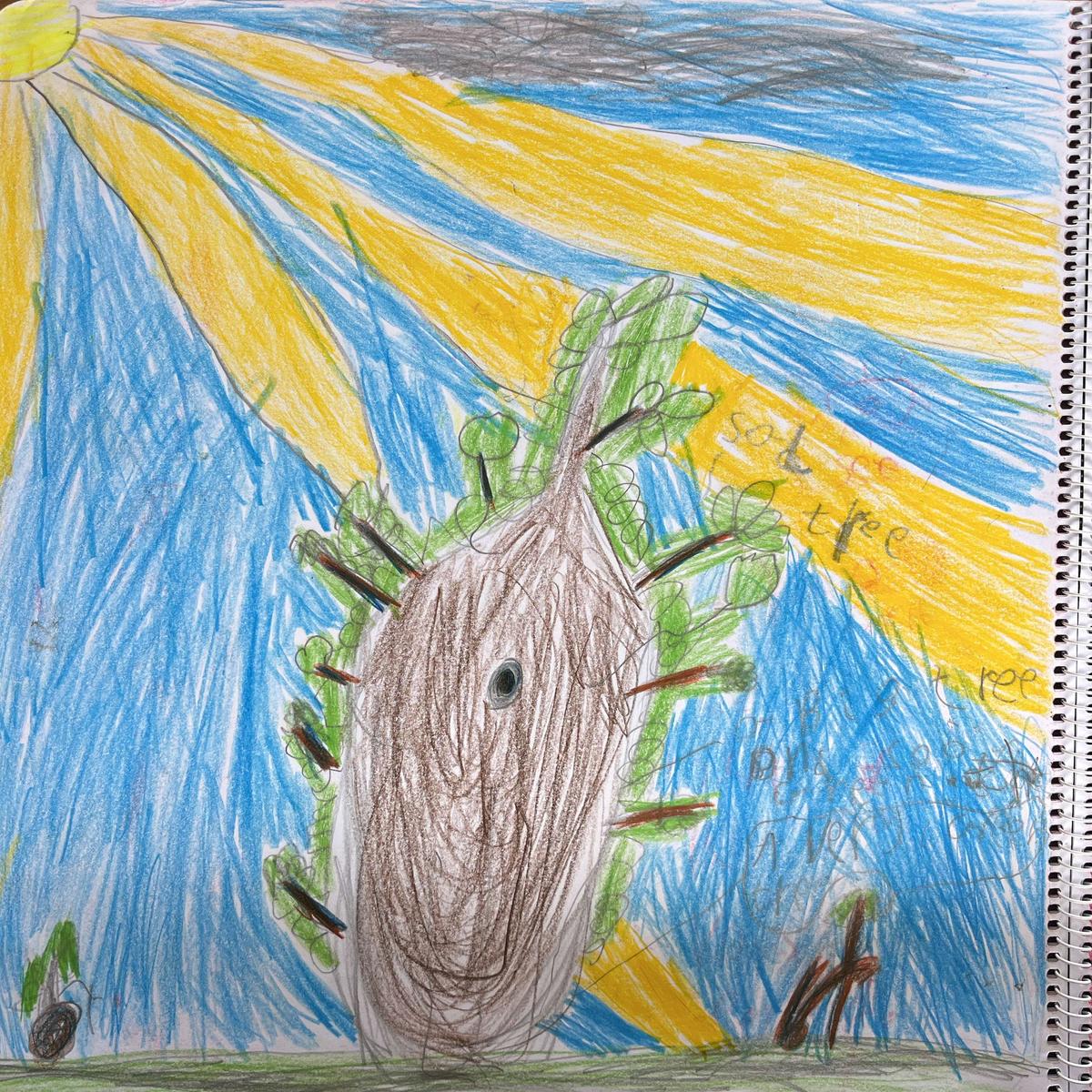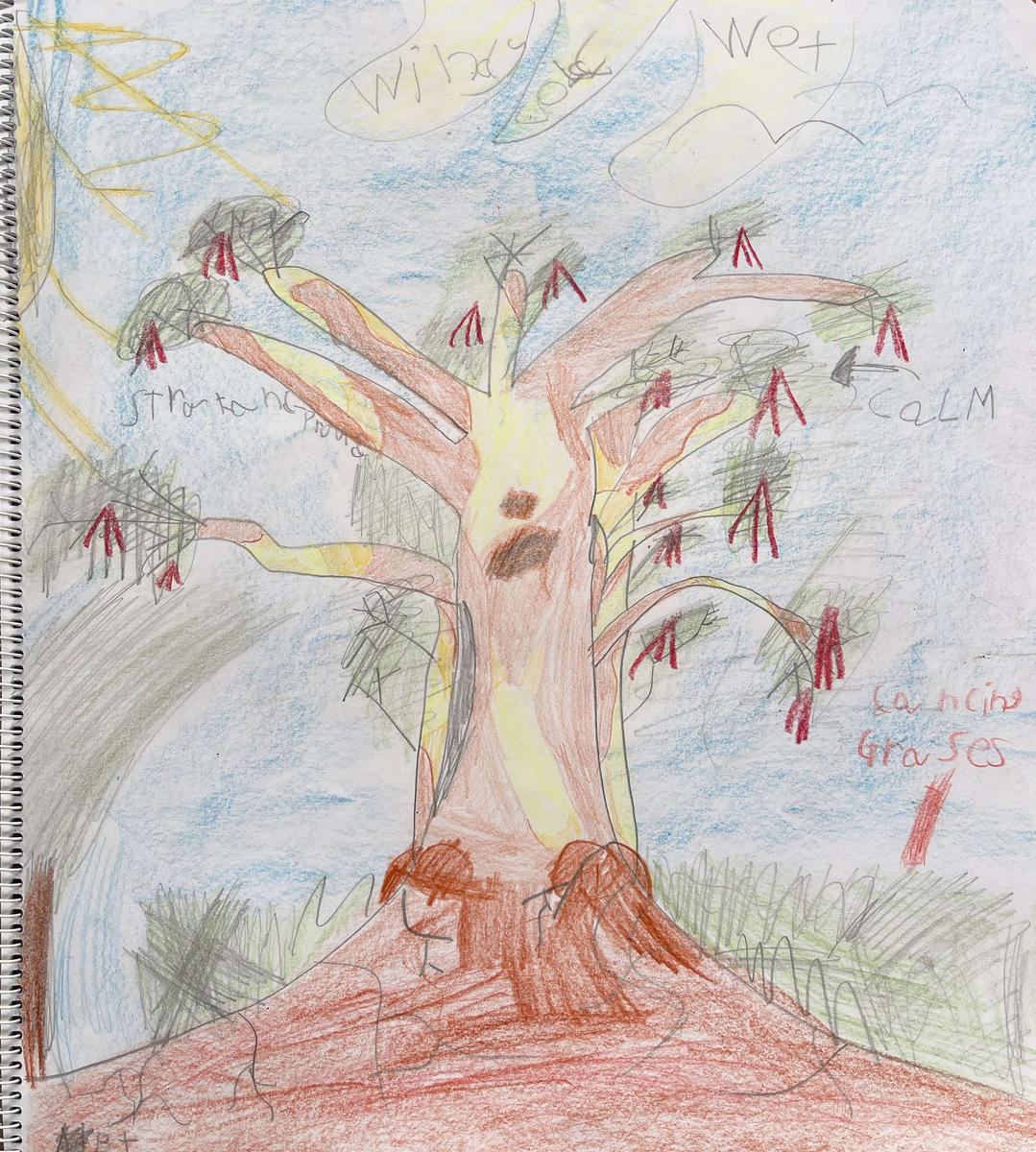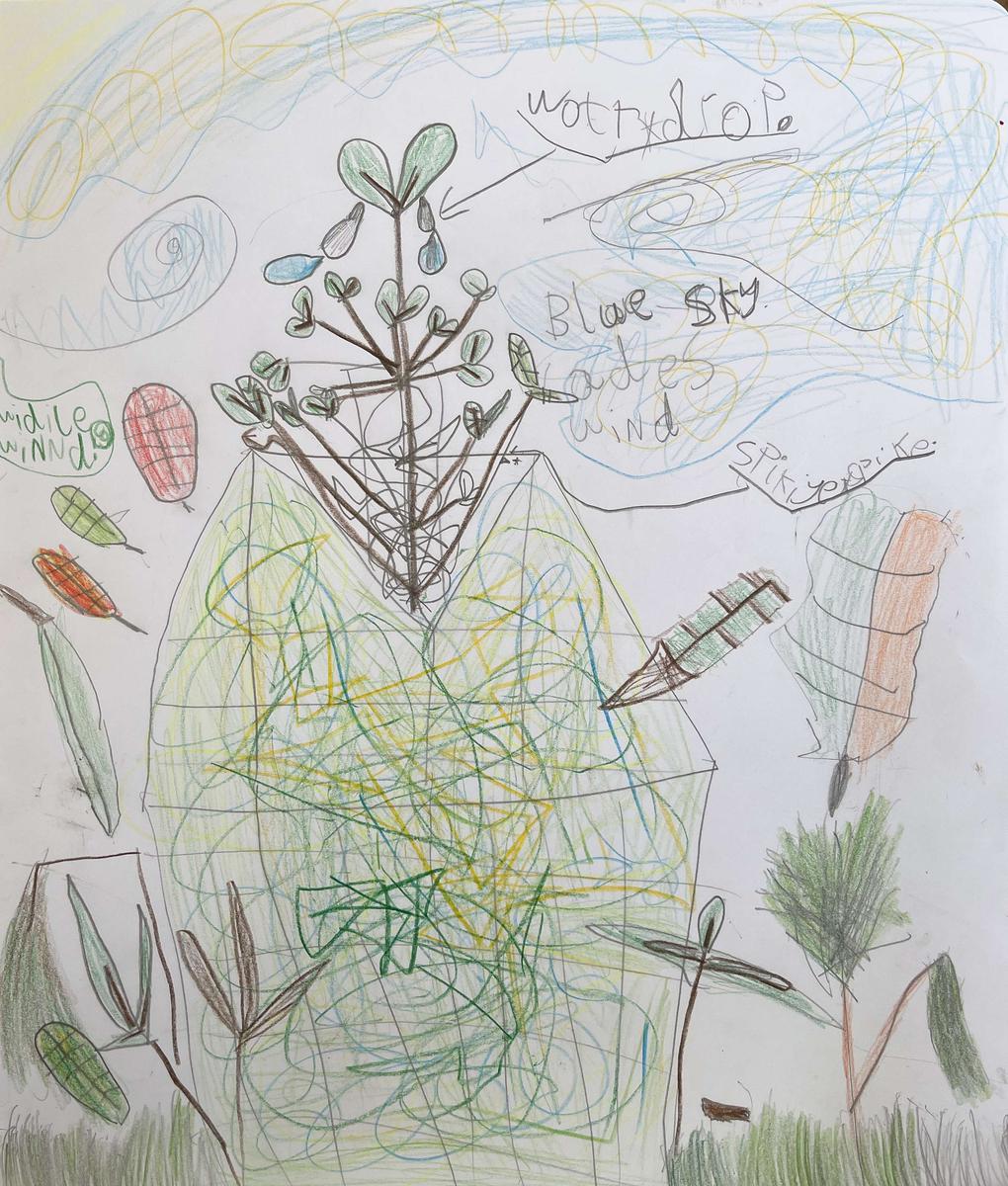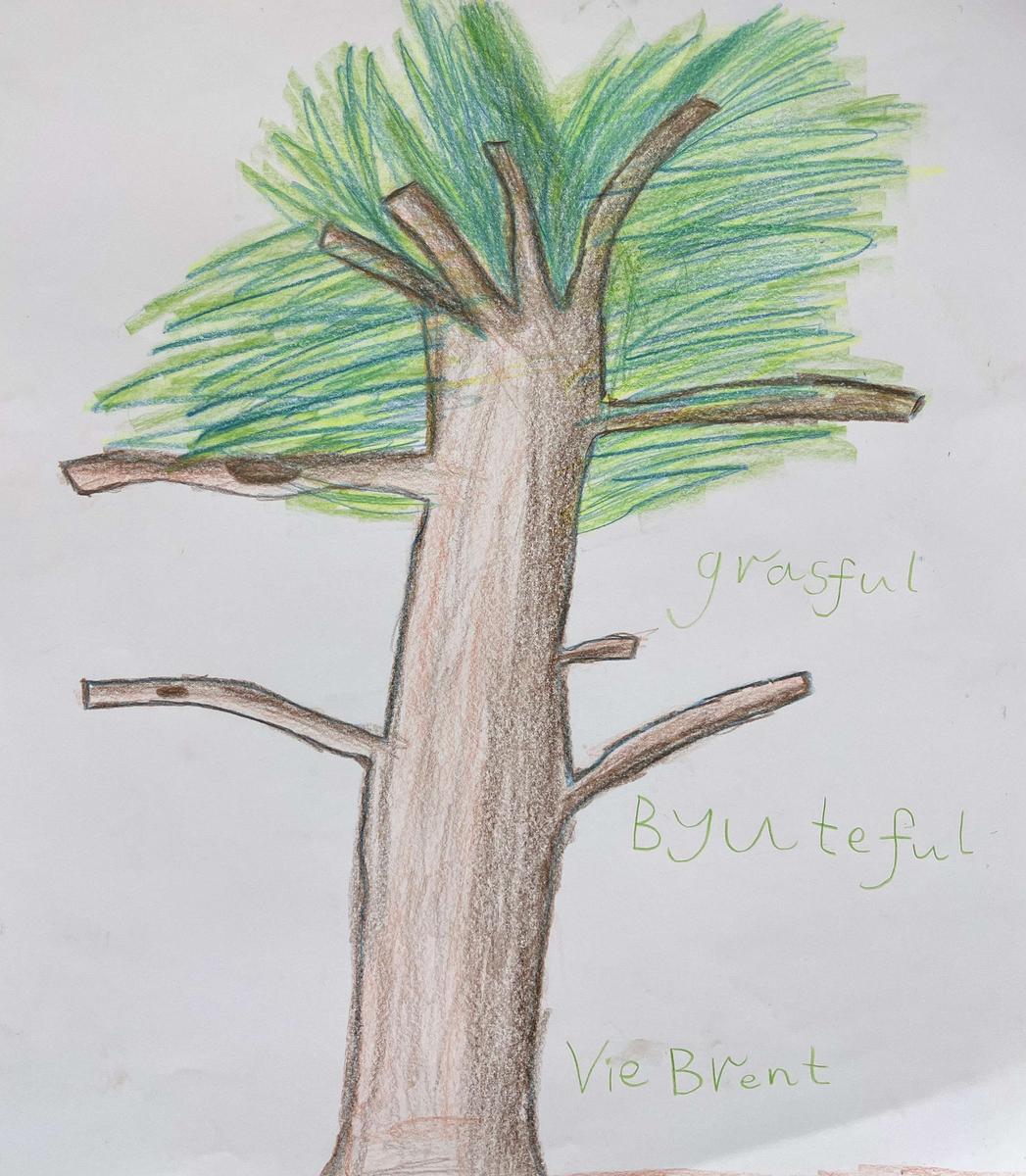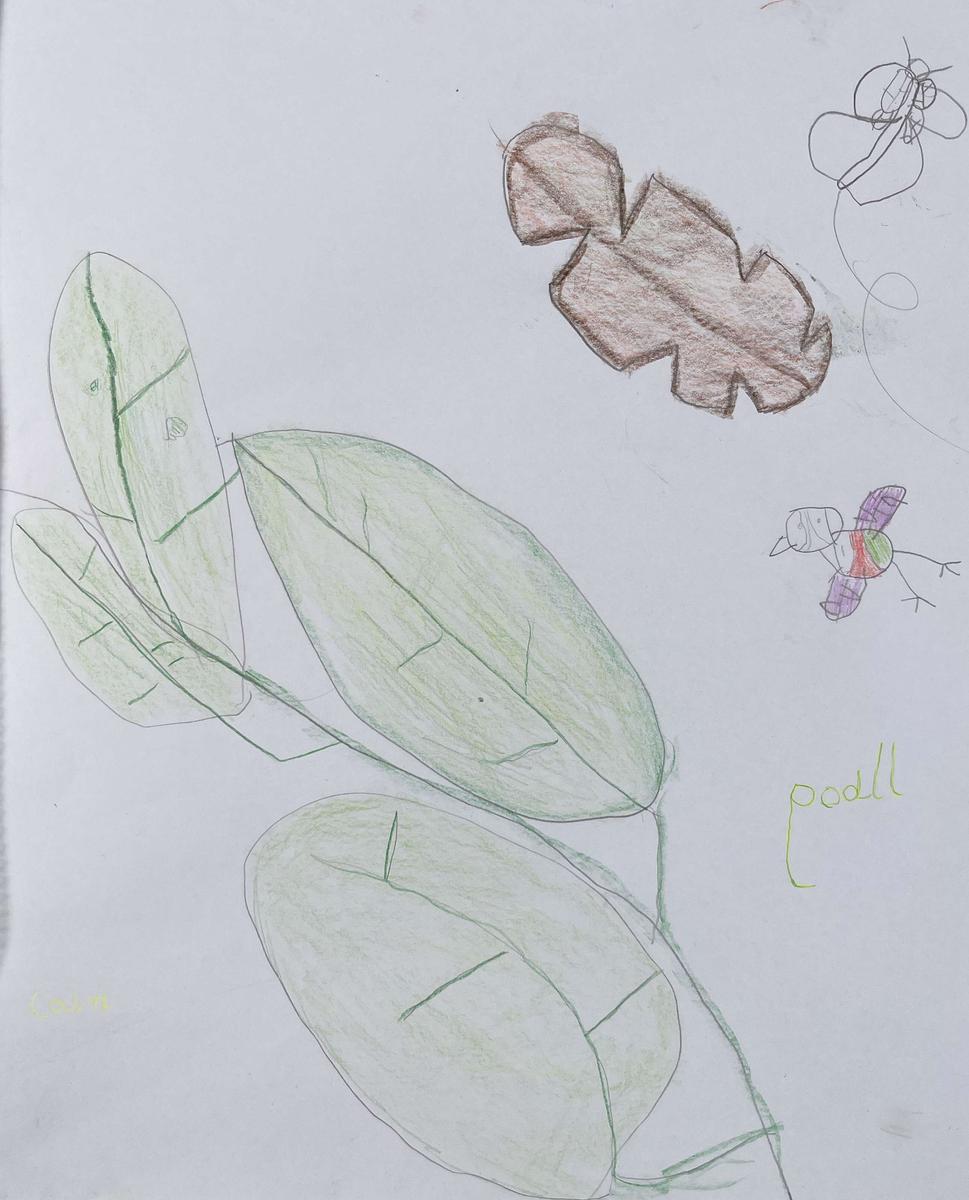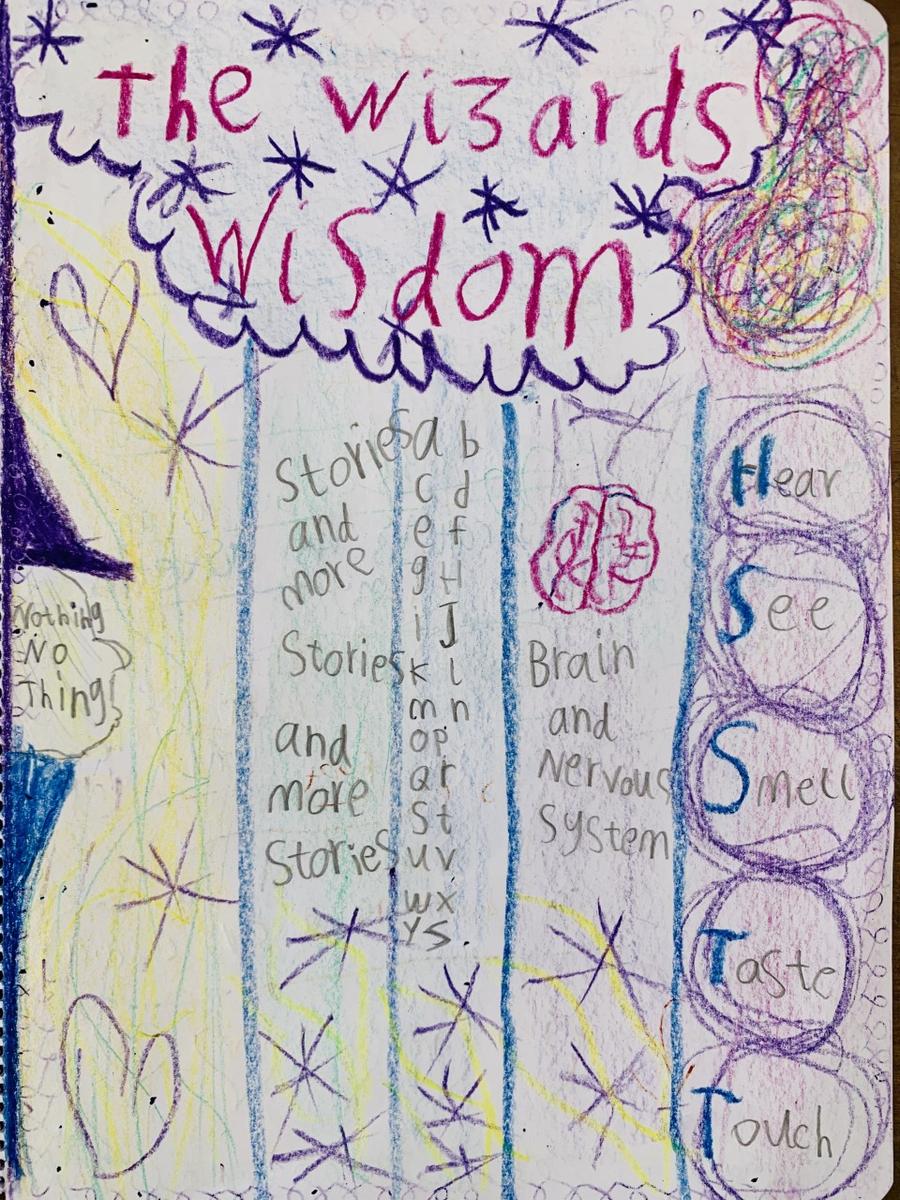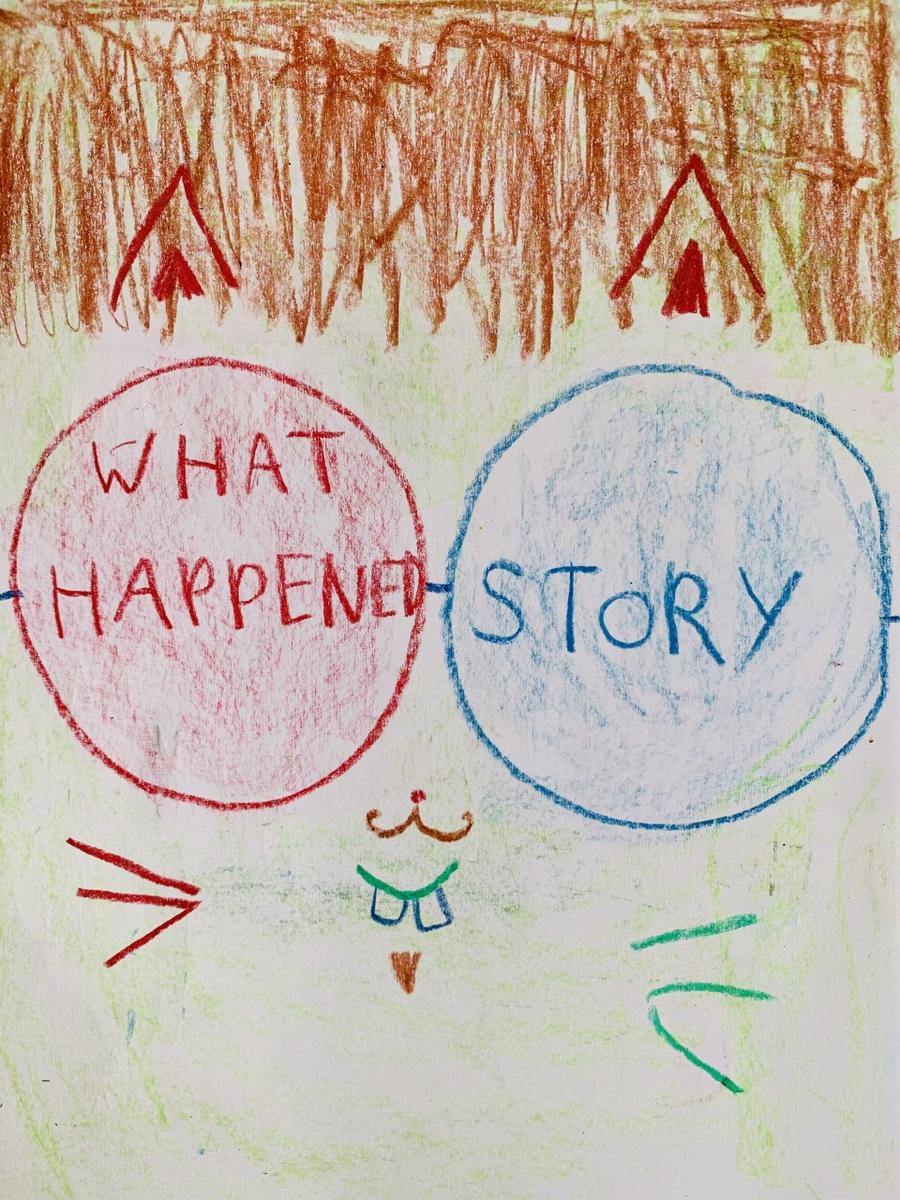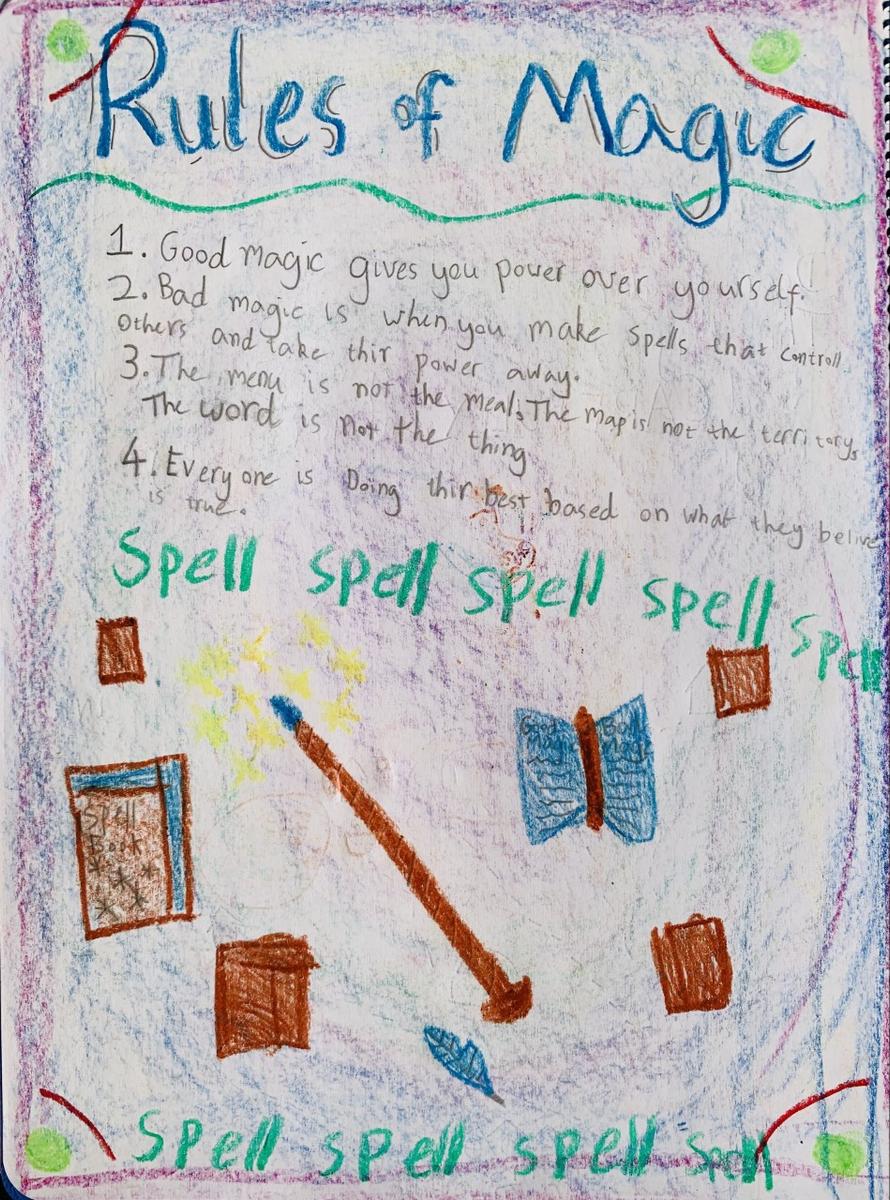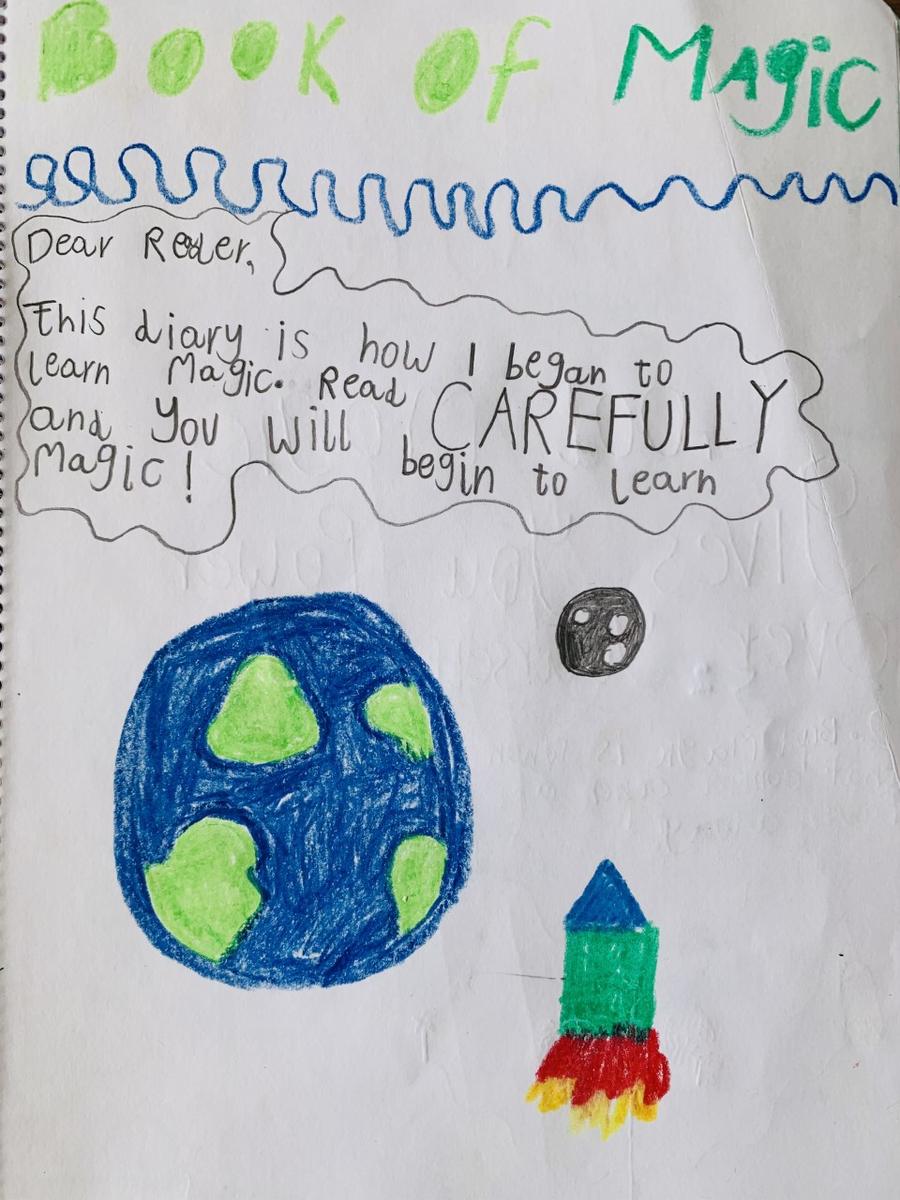Year 1/2–Celebrating Learning
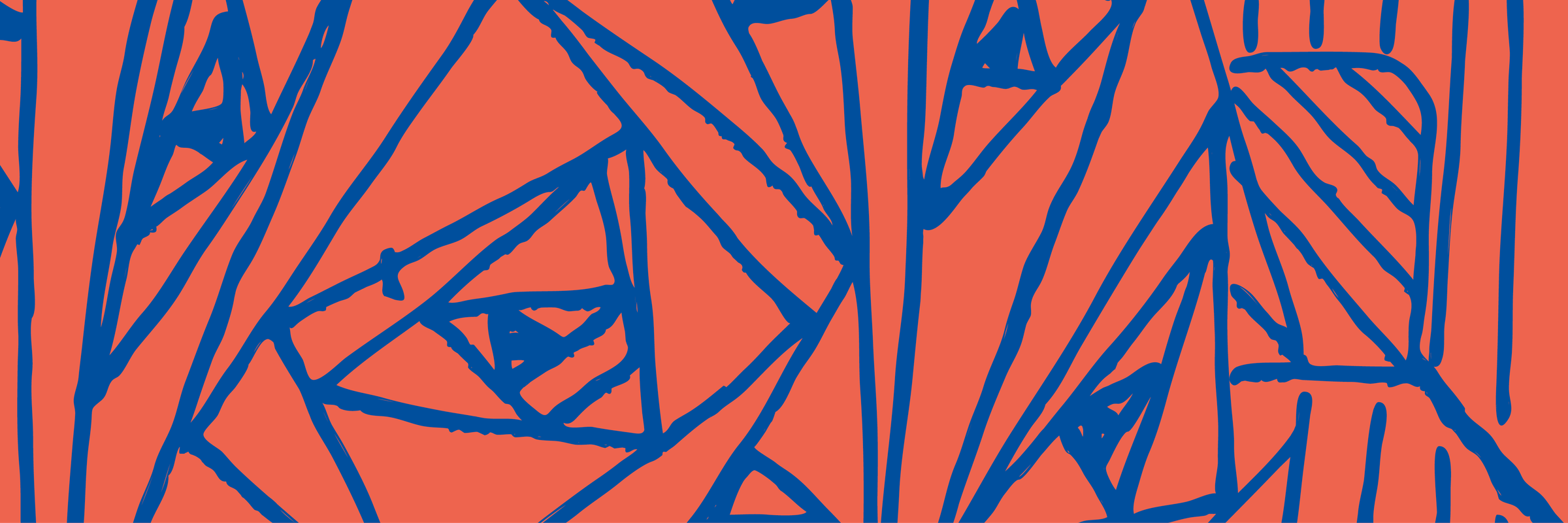
1/2 Mainstream
The Year One/Two Mainstream students have spent the past six weeks learning about how important water is to our day-to-day lives at school and at home. After exploring where water comes from, how it interacts with our environment and our uses of water at Thornbury Primary School, the students have completed their own explorations of water at home. After presenting their collection of ‘water use at home’ data, each class has put together a graph, representing the ways that our families use water at home.
On Wednesday the 16th of November, we were lucky enough to have one of our Year One/Two parents, Michael Finger, came and speak to the students about his work as a Water Resource Analyst. Michael shared some valuable information about why and how we manage our water resources. The students enjoyed learning about Michael’s career and loved having their “water questions” answered by a professional.
Over the next few weeks, students will be busily preparing their final published written pieces to display at our ‘writer’s celebration’ day which is booked for Friday Week 10.
It’s exciting to see a years’ worth of learning and hard work coming together as students impress their teachers with the level of work they are producing! Amazing work to all the Deadly Learners in Year One/Two.
1 Steiner
Nature Study: Weather and the Elements
With our lengthening days, we have taken our learning outdoors, where we observe, question, and discuss in a nature study based main lesson. Students spend time closely observing an element of nature. They draw their observations, gradually adding more details and description. We will also continue to weave in our leaf litter study, continuing the journey through Spring and into Summer.
2 Steiner
Class Two students have been exploring our Emily Washington’s School of Magic main lesson. This writing main lesson is all about discovering and bringing out the magic that is inside all of us. Set in 2063, Emily Washington is a powerful witch who has created her first school of magic on a space station orbiting the Earth. Her aim is to help people have power over themselves by learning about spells. It turns out that words are spells, that’s why we spell them – and the words we connect together to make sentences and stories, can create effects in the real world. In fact, the whole world is shaped by the stories people believe!
The children have been learning a range of strategies for story writing including making paragraphs that include all five senses to describe things, asking who, what, when, where, why and how, and also, learning to recognise the effects of certain words.
This main lesson is designed to give the children tools and inspiration for writing, and also, for developing their confidence with storytelling, drama, and their ability to achieve the results they want in every area of life. Inside our main lesson story is a range of implicit lessons for thinking clearly about what happened (that can be verified by other people using their senses) and recognising the stories we make up (and often believe) about what happened. Recognising that our stories about what happened are just stories and not what happened can then allow us to think in new ways. For example, we might make a mistake in maths and then tell ourselves the story that we are bad at maths - but all that happened was we made a mistake. A more useful story we could tell ourselves is: “mistakes are part of learning, so I’m going to see if I can do a better job next time as I continue to understand more.”
We have been exploring a range of drama games as well as speaking and listening games designed to build an emergent conscious awareness of choosing our words carefully so that they create our desired effect on others.
We have also been learning to sing in rounds, developing the most beautiful harmonies as we listen to each other and stay true to our part in the round. The children have been learning to generalise their friends of ten knowledge to friends of one hundred and one thousand, and we have begun to study fractions as well as revising fact families and graph making.
